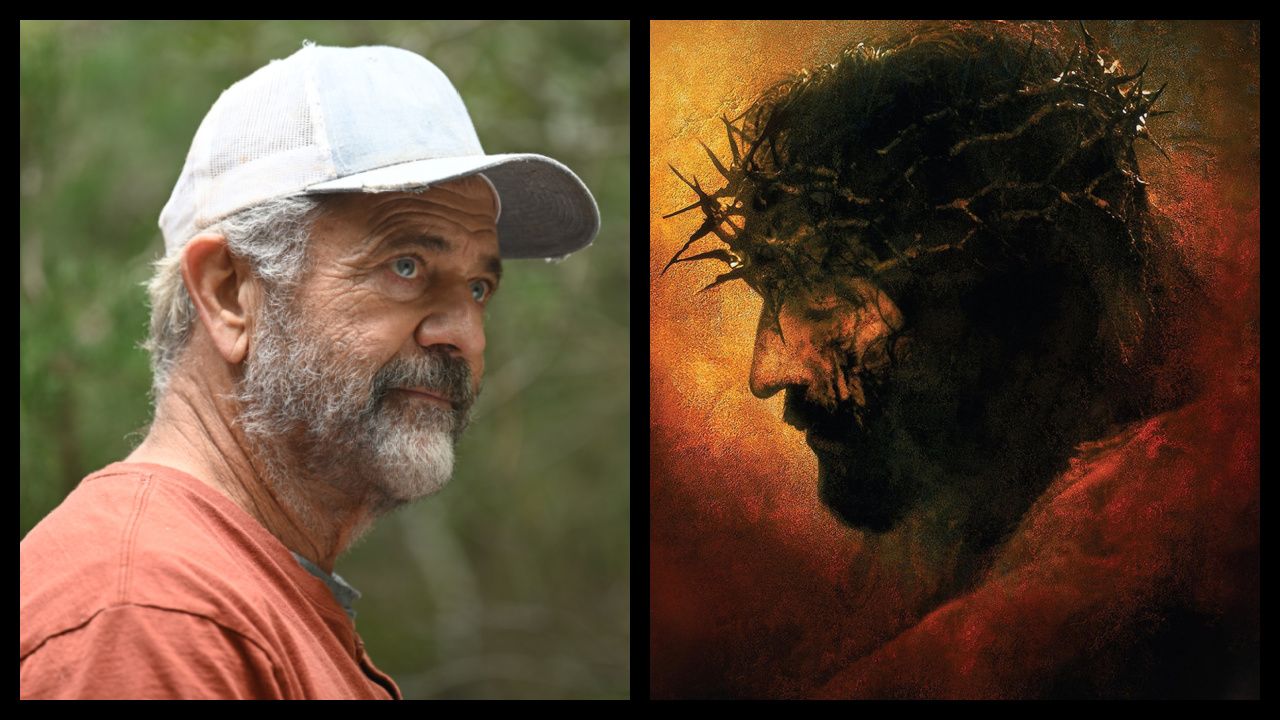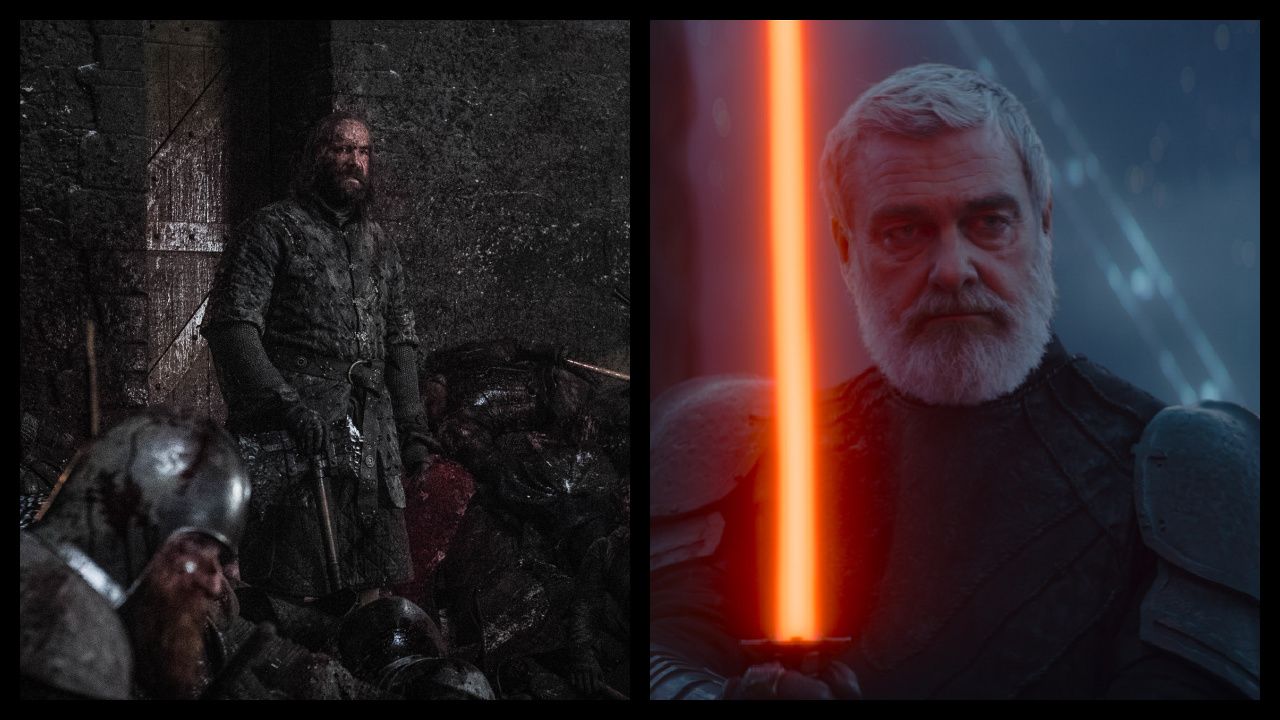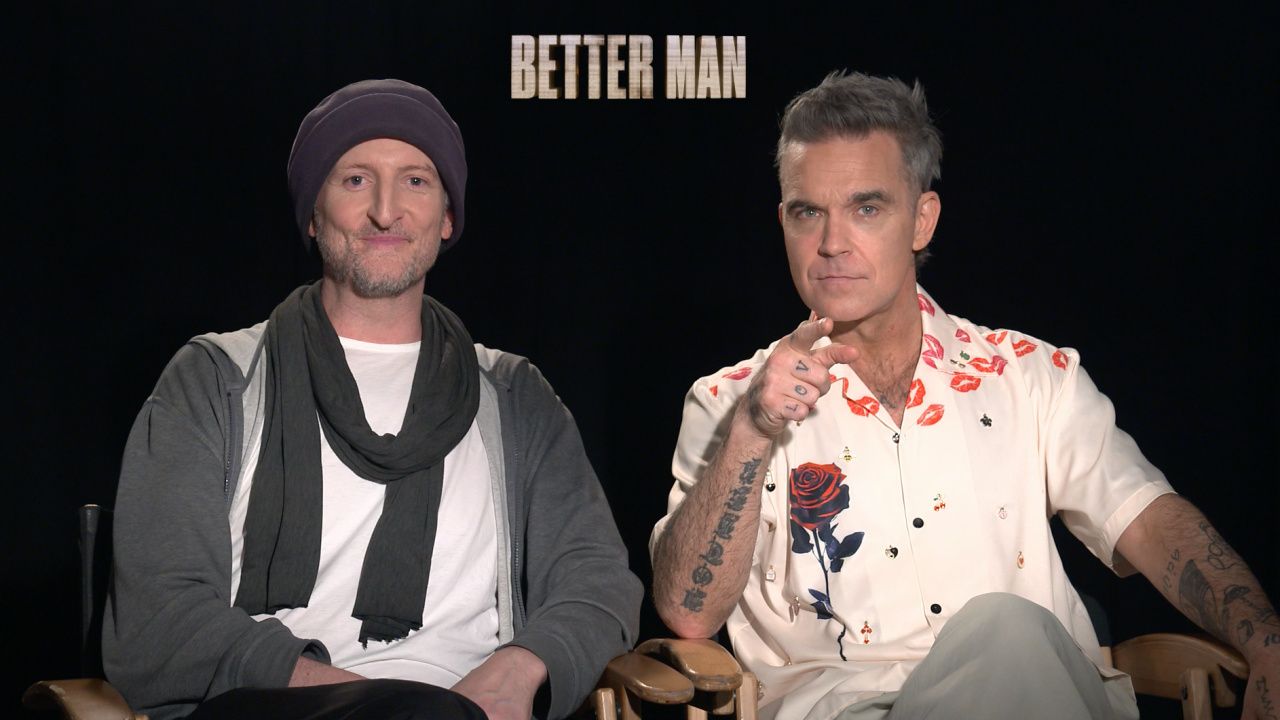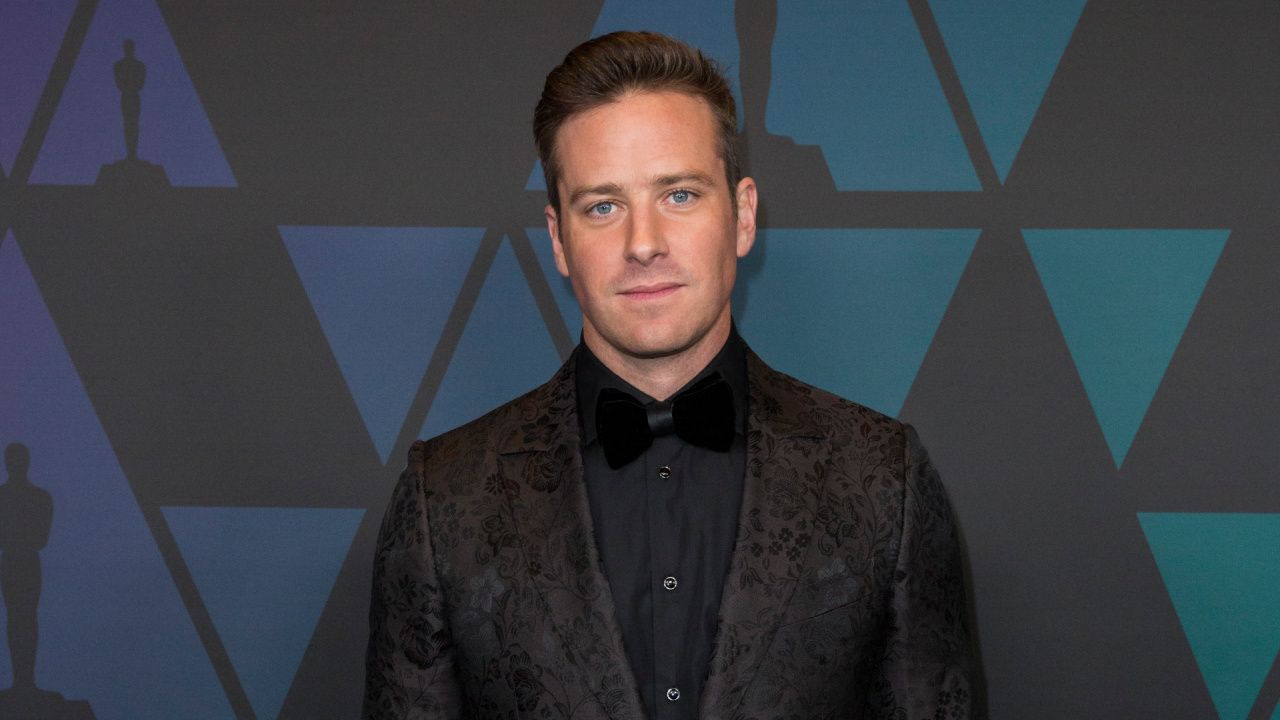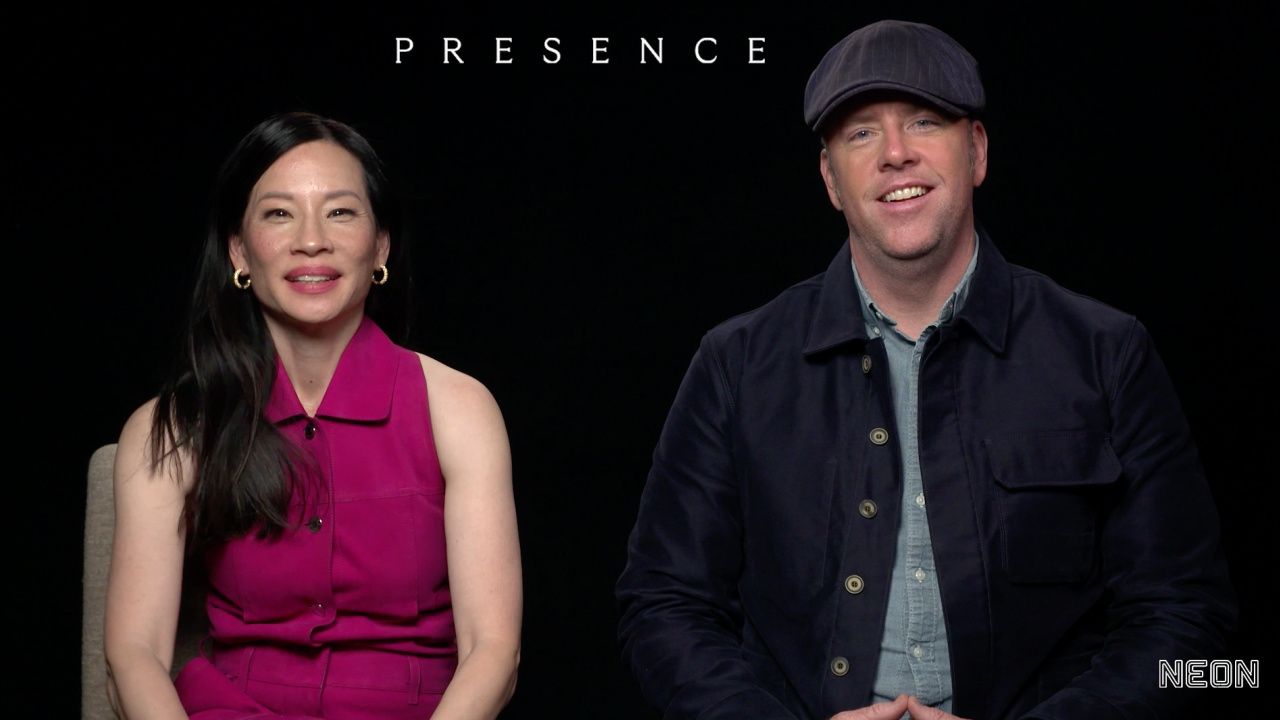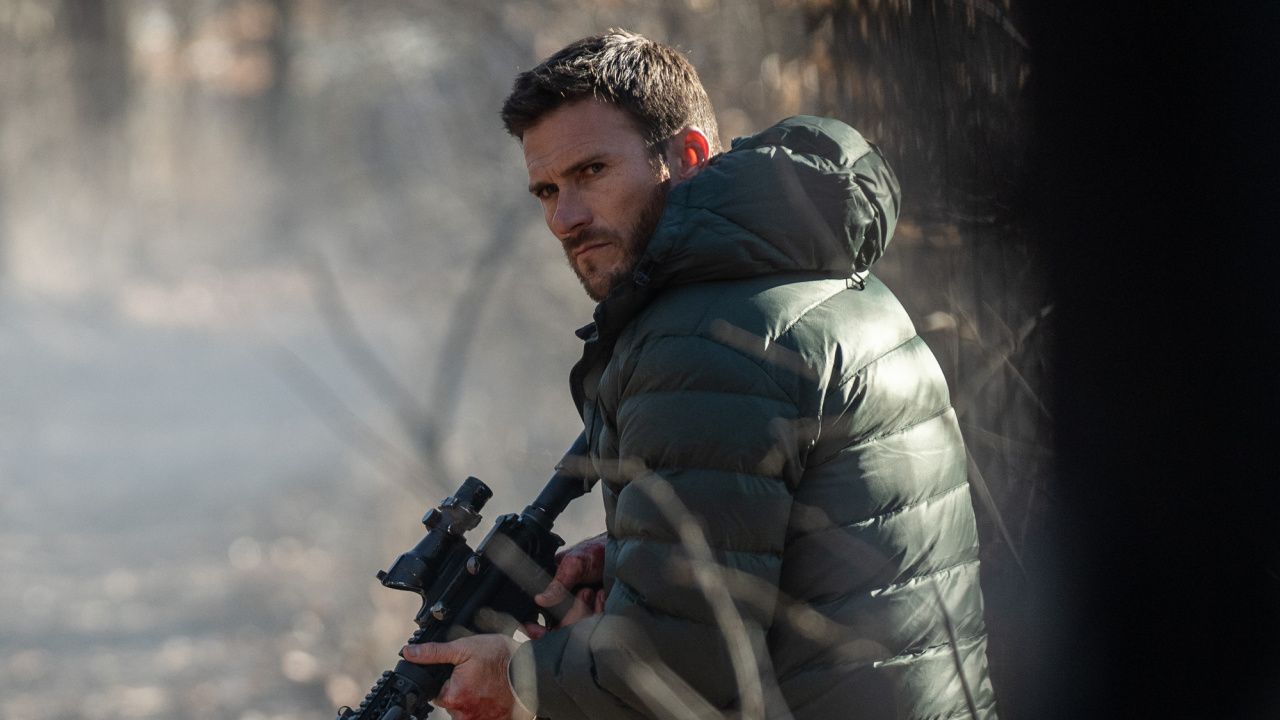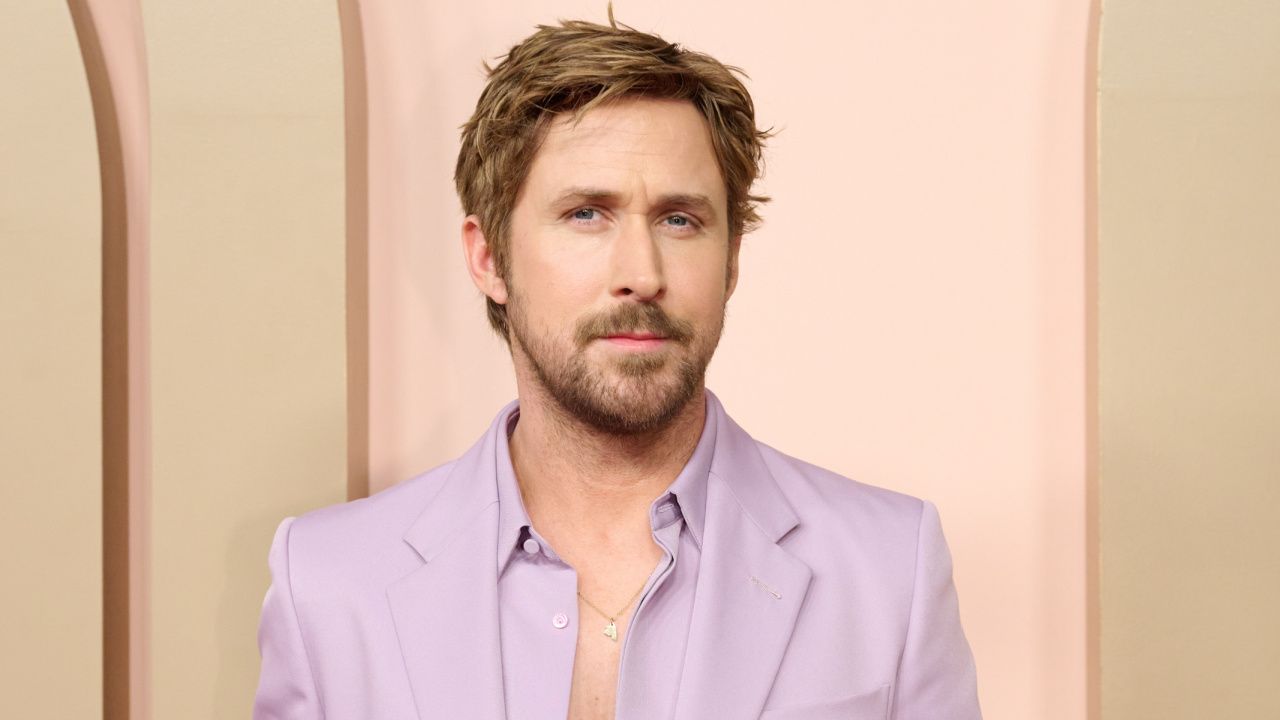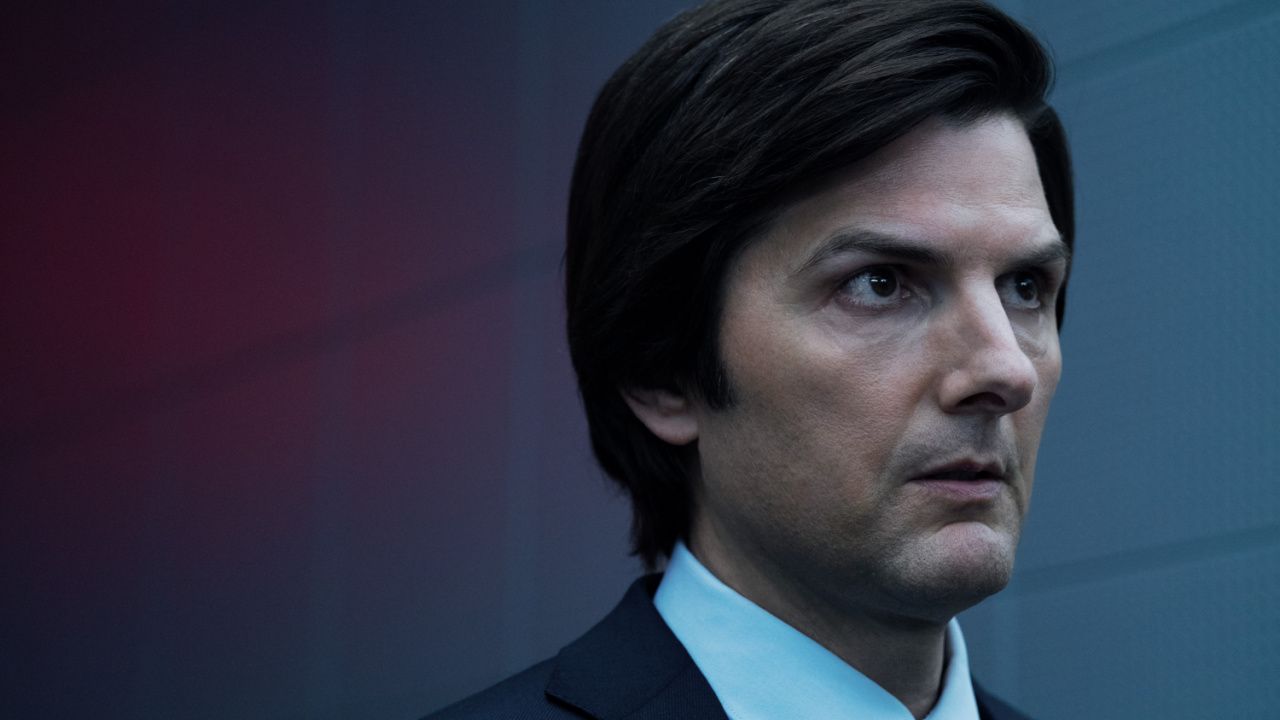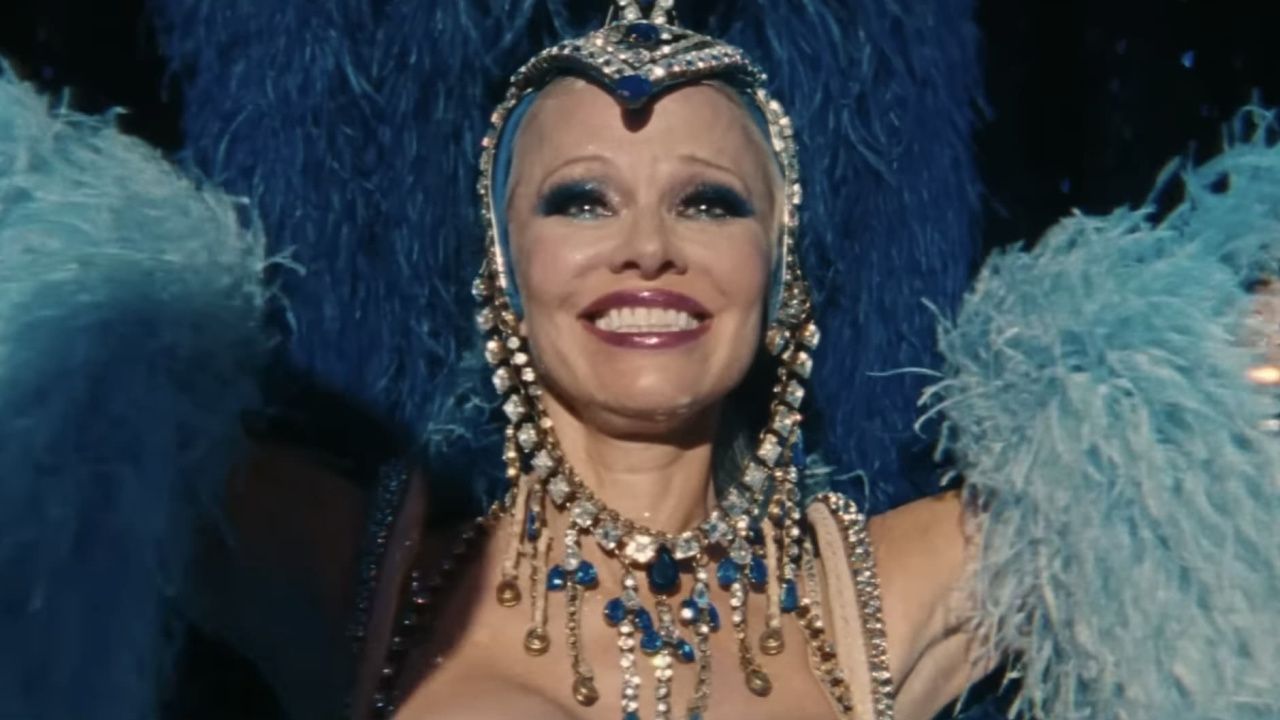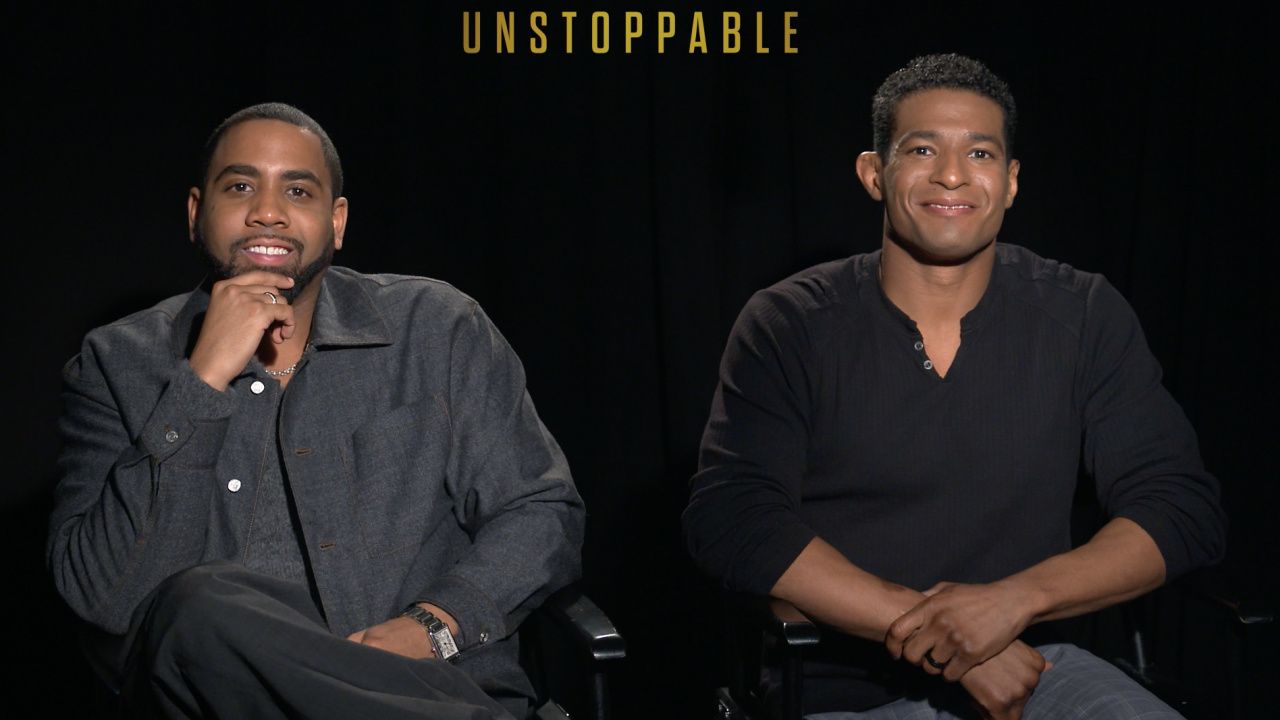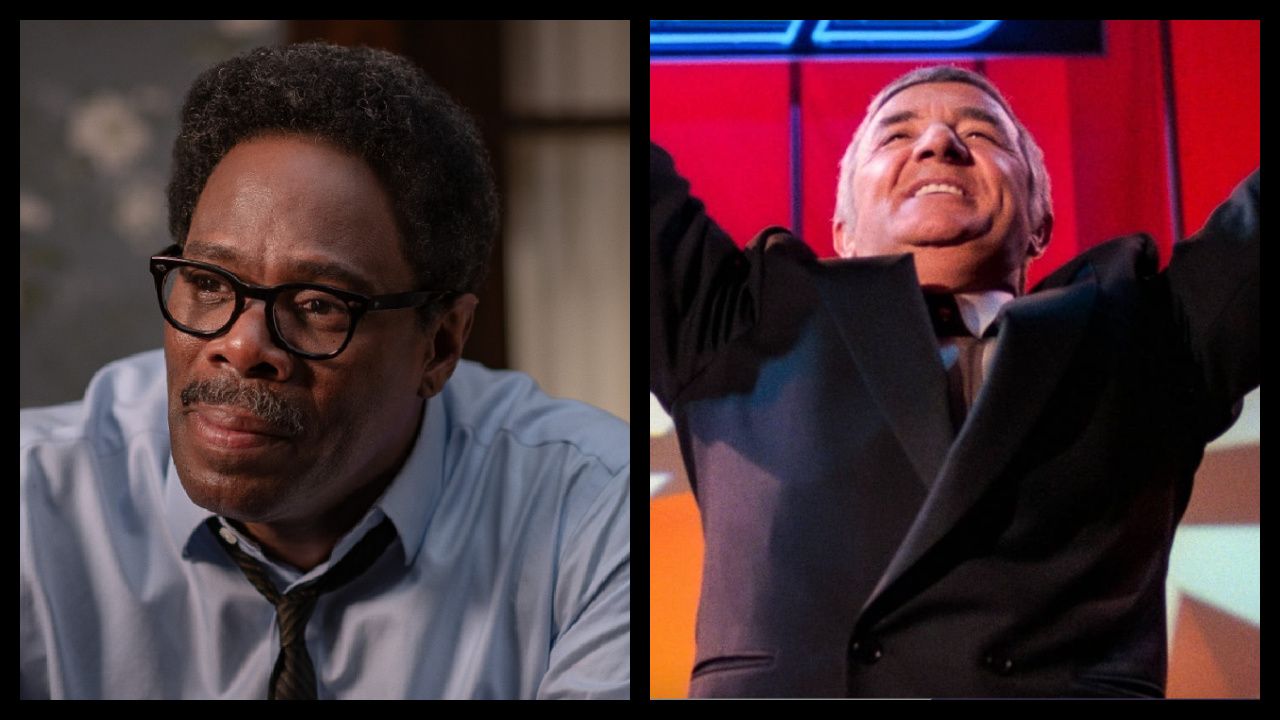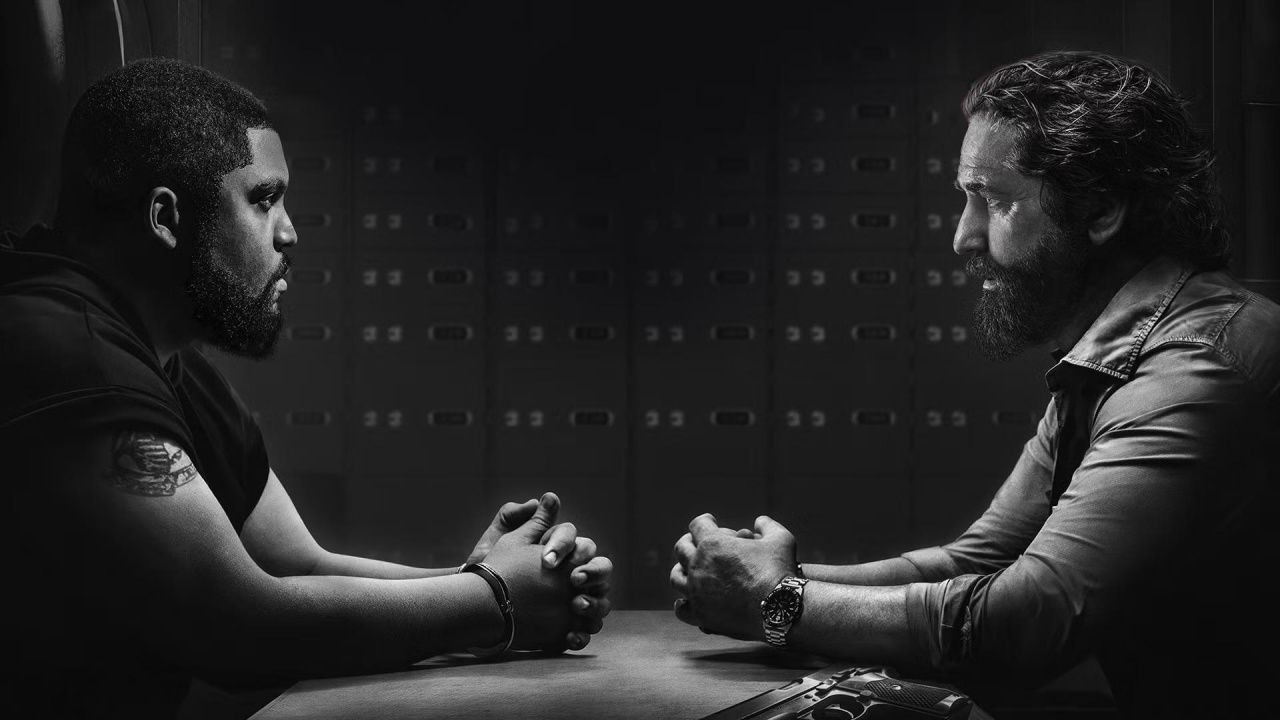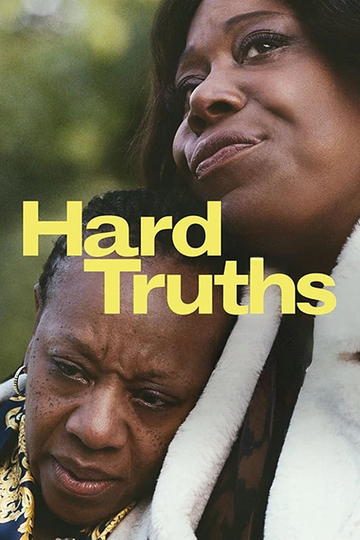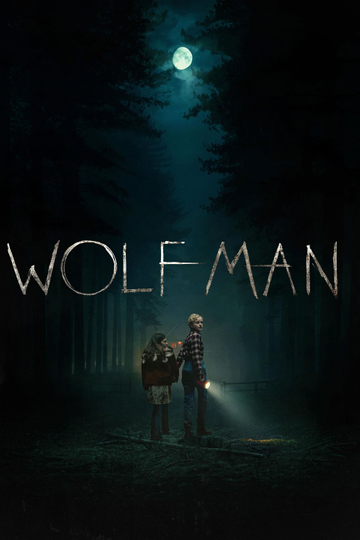Why Laverne Cox's 'Rocky Horror' Role Was Destined to Be
When Laverne Cox first heard Tim Curry, in character as Dr. Frank N. Furter, sensuously purr the signature lyric "Don't Dream It, Be It" in the cult-classic 1975 musical horror send-up "The Rocky Horror Picture Show," she took the sentiment to heart. And her adopted credo has become a literal truth, now that she's taking the role as her own for Fox's broadcast of the enduring hit.
Offering up a refreshing 21st Century take on the gender-bending Frank N. Furter, Cox -- who's proven her dramatic chops on "Orange Is the New Black" as trans inmate Sophia Burset -- demonstrates her fierceness as a singer and dancer performer, tearing into "Rocky Horror's" indelible, sexually charged song list, including "Sweet Transvestite" and "I Can Make You a Man."
And when Moviefone and other press outlets joined her for a conversation about the project, which airs Thursday, October 20 on Fox, it was clear she'd been preparing for this particular wild and untamed performance her whole life.
What did it mean to you to play such an iconic role?
Laverne Cox: It was a dream come true. It was magical. I think the cast and the crew, working with Kenny [Ortega, the director] and having Tim Curry there and [original producer] Lou Adler on set with us every day, it felt magical. It really was -- everyone was so committed and loved the original move so much, we just wanted to honor it. We wanted to give our all and we all did. It was really wonderful. I feel like I have a new family.
The exuberance comes off the screen, with how much gusto you tackle the role.
The night we shot "Sweet Transvestite," my entrance, a dear friend of mine was on set. It was the last day of the Transylvania backup dancers -- their last day shooting. They gave me so much energy, every single day. Our dancers, who we call Transylvanians, were so committed. There were many days I walked in and I was so tired, I didn't know how I was going to do it. They had so much energy and so much commitment. That night that we shot that, it was really about their energy and just the love that we all felt for that moment. It was magic.
What did that musical mean to you growing up?
I didn't discover "Rocky Horror" until college. The first time I saw it, I was like, "What is this? This is me." It felt like me. Frank N. Furter felt like me. At the time, I hadn't started transitioning yet, but I was sort of in the androgynous space. I had a shaved head and I wore makeup every day to ballet class.
Then I saw this character who was gender non-conformant, like me, saying "Don't dream it. Be it." That became a personal mantra: "I am it" -- "It" being Dr. Frank N. Furter.
Are there other inspirations you brought into the performance?
Oh yeah. I don't know if I want to tell you! I think you'll be able to see them when you see the film. When Richard O'Brien wrote this, he wrote it inspired by B horror films and '50s rock 'n' roll. Knowing that, Kenny Ortega, Lou Adler, and I went back to some of that B horror and we looked at some Hollywood divas: Fay Wray, Katharine Hepburn, and Bette Davis. They influenced -- it's diva worship! I think Frank N. Furter would be very much influenced by these Hollywood divas.
But then there's also rock 'n' roll, so there's Tina Turner and David Bowie and Grace Jones. It was like a hodge-podge of a lot of different influences. The wonderful thing about Kenny is that he encouraged me to go there with all that.
Do you think there's a trans tipping point on TV right now?
We're not fully represented. We're really diverse. There's so much more representation, so many stories that need to be told. I was hanging out with Candis Cayne yesterday, who is the first transgender woman to have a recurring role in a primetime TV show. We were talking about how we've always been around. She's been acting on television for years and doing this for a really long time. Now, people are paying attention and the way we're represented in changed.













